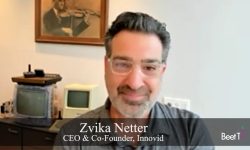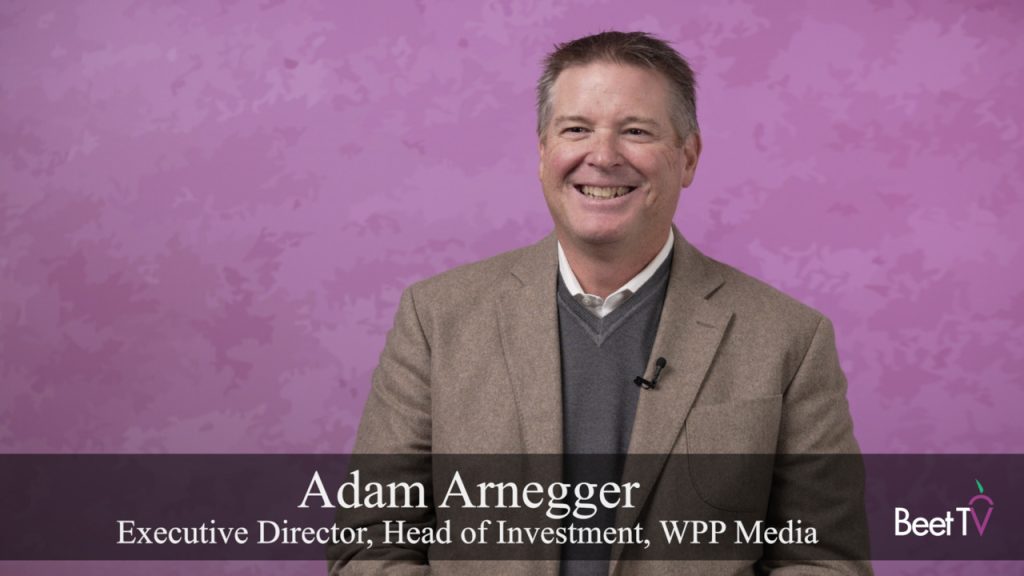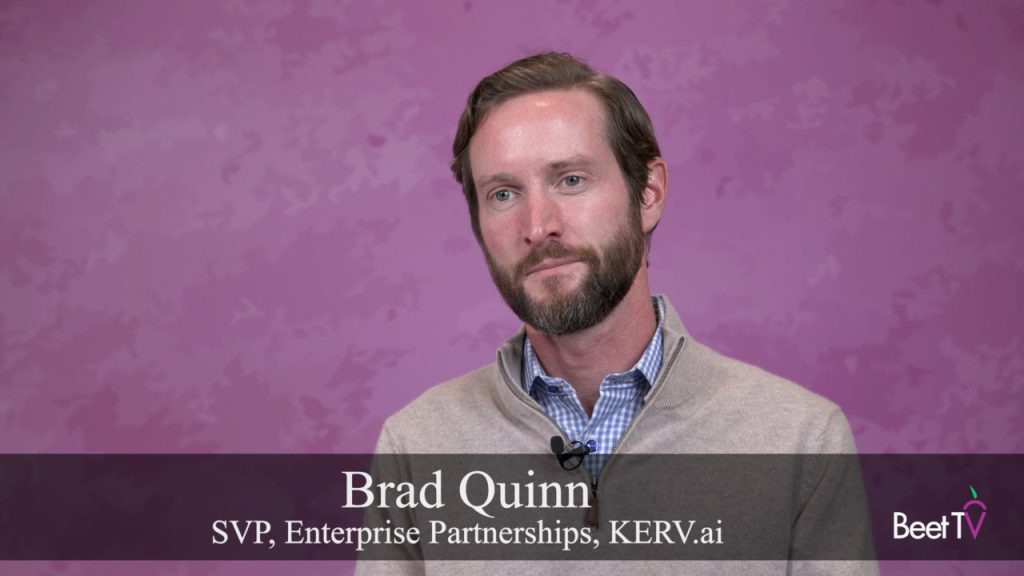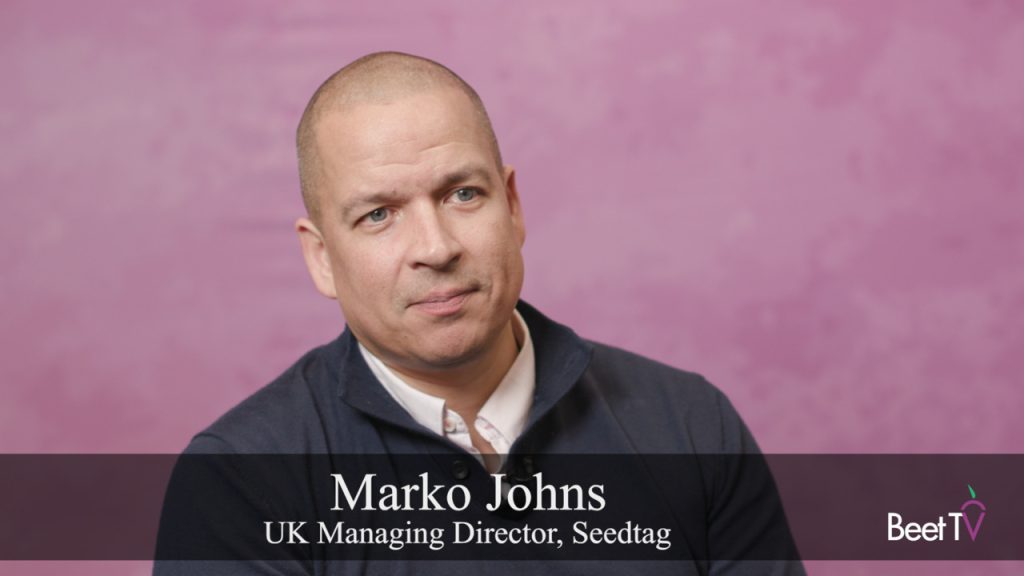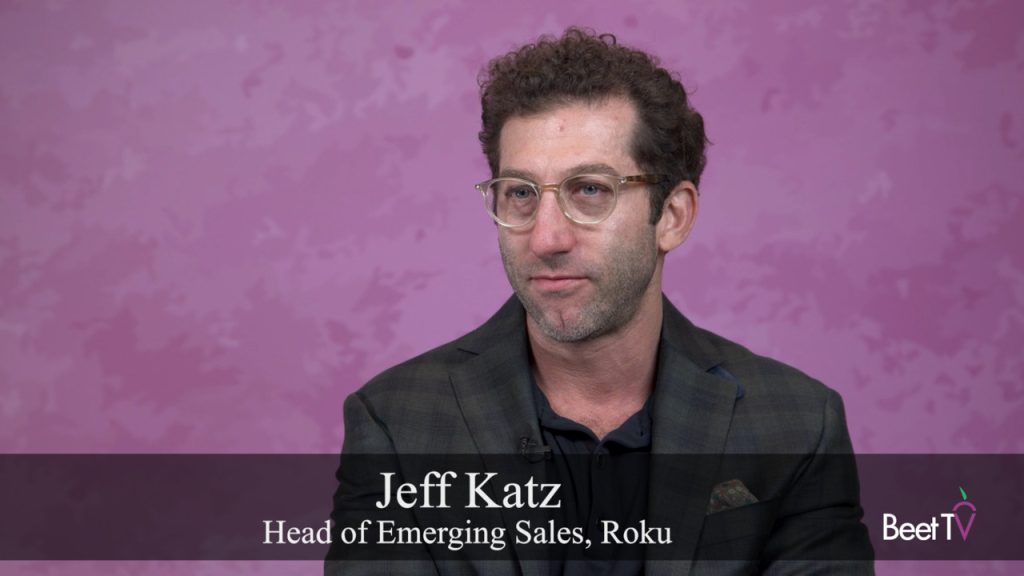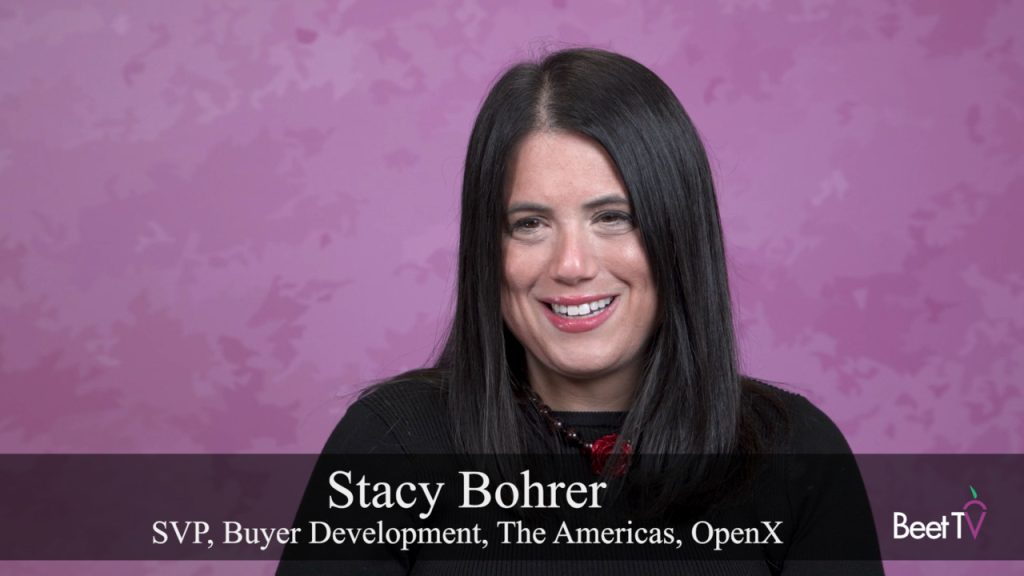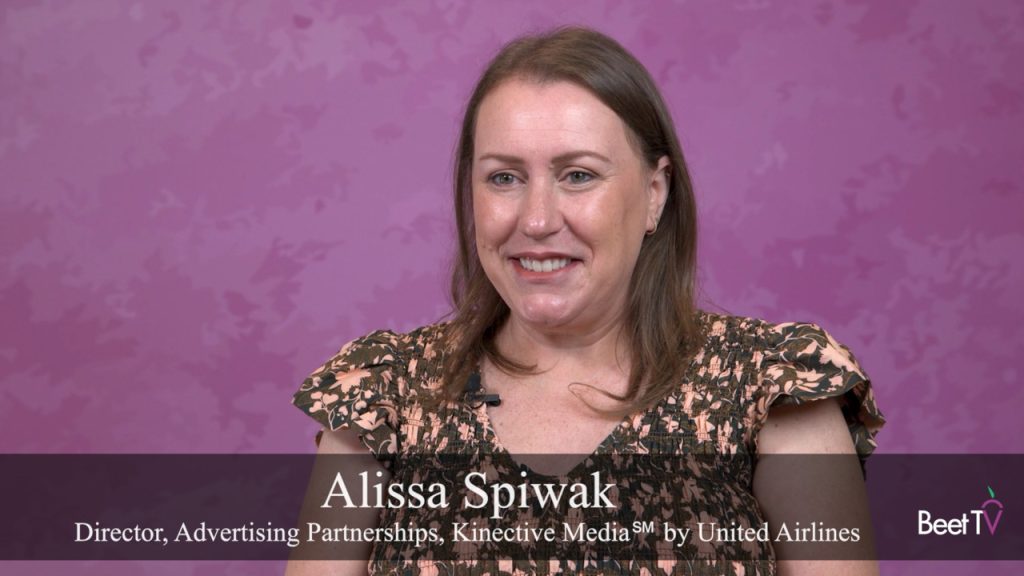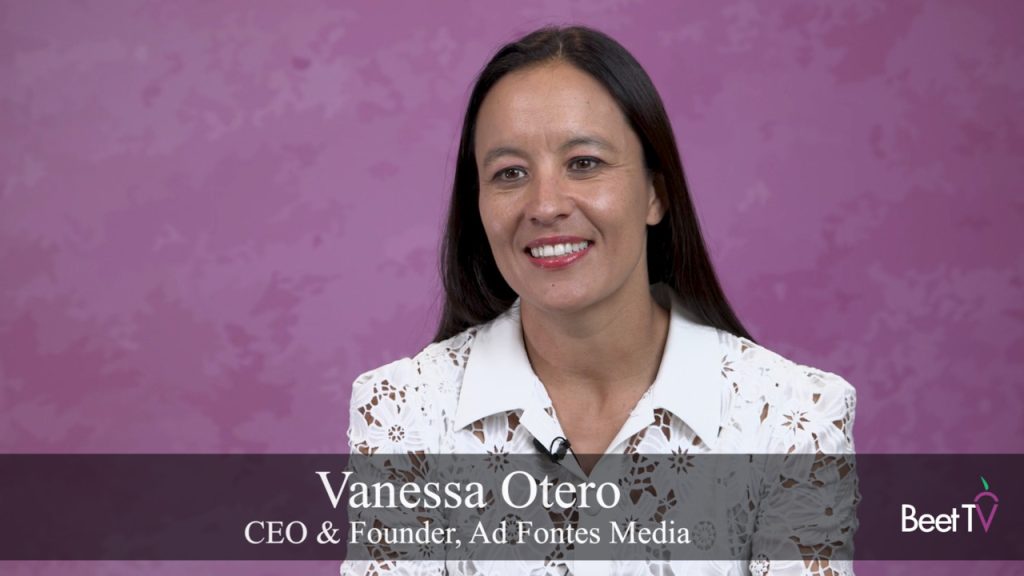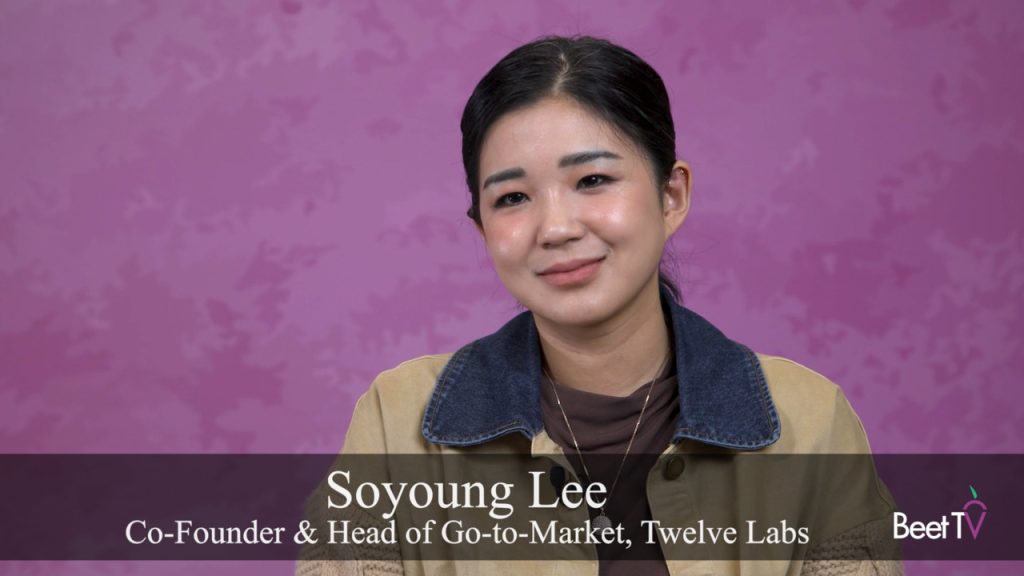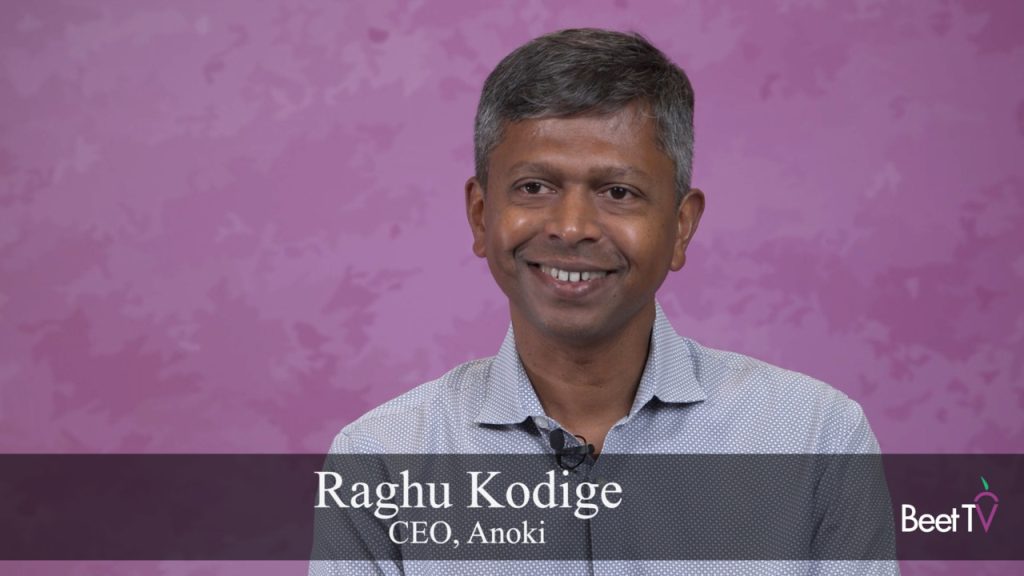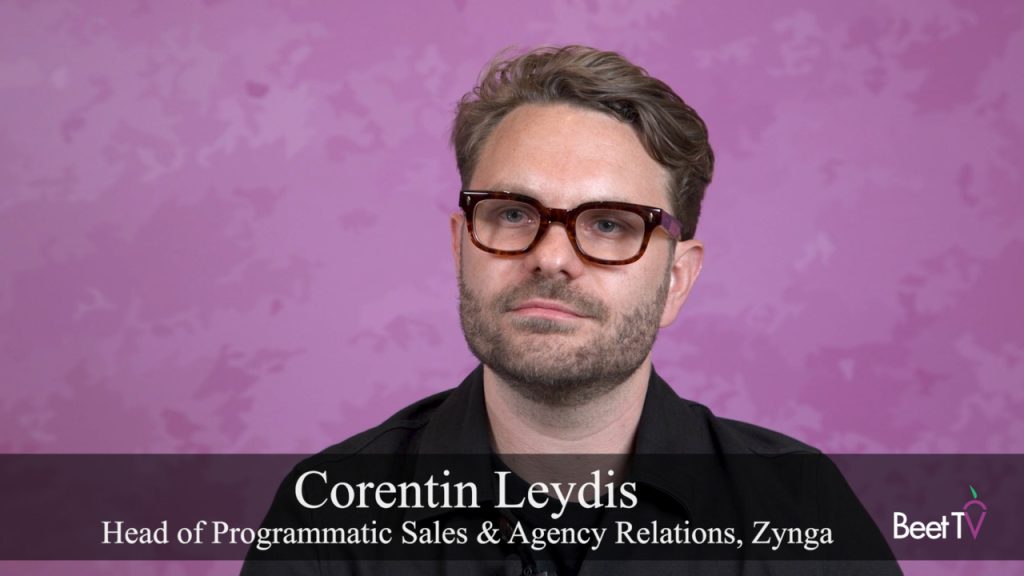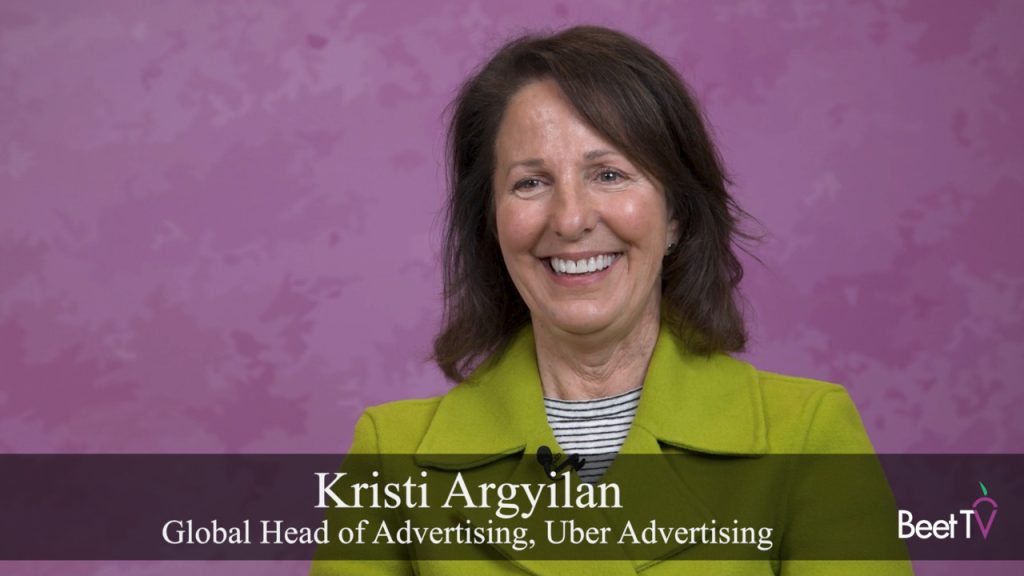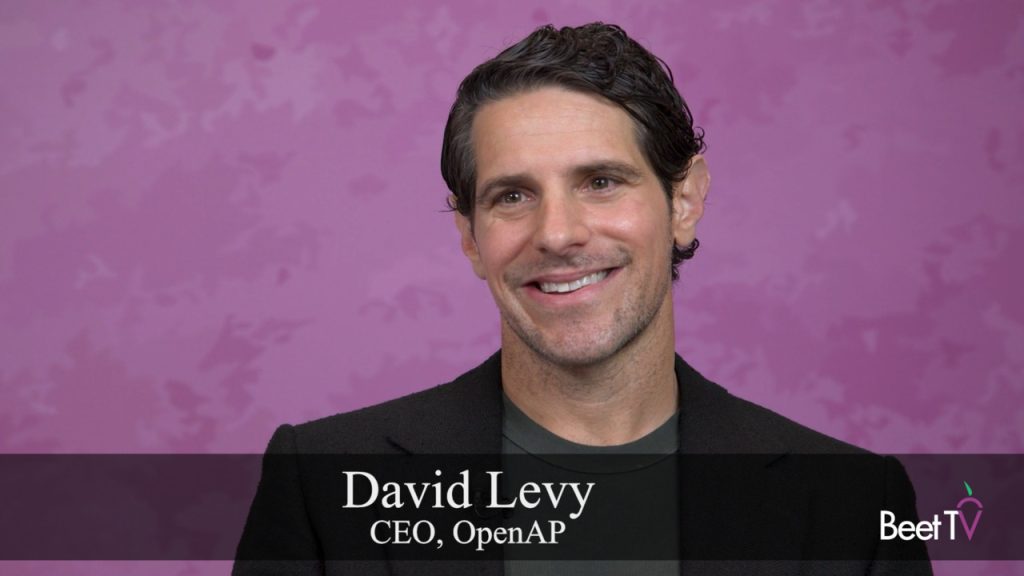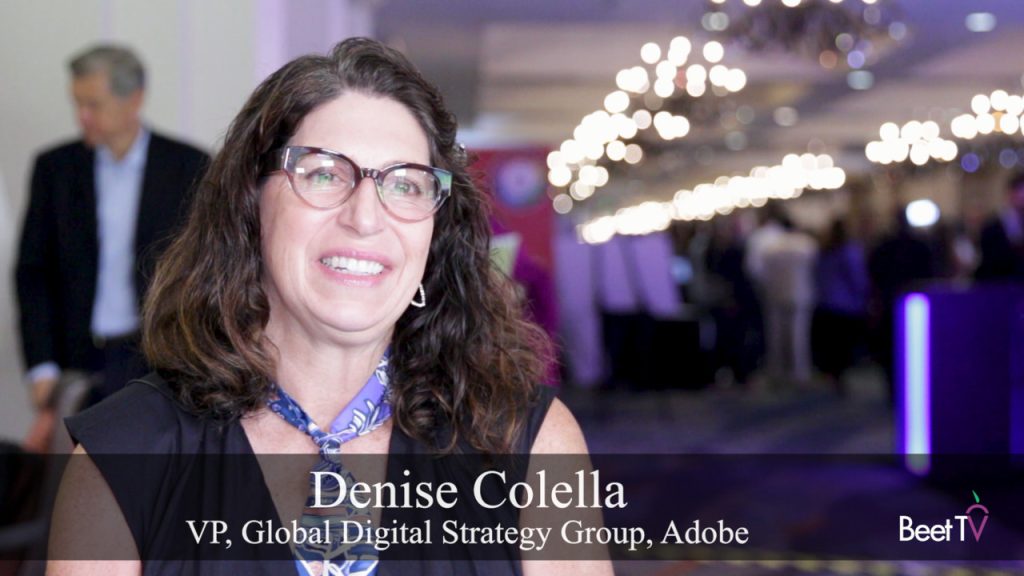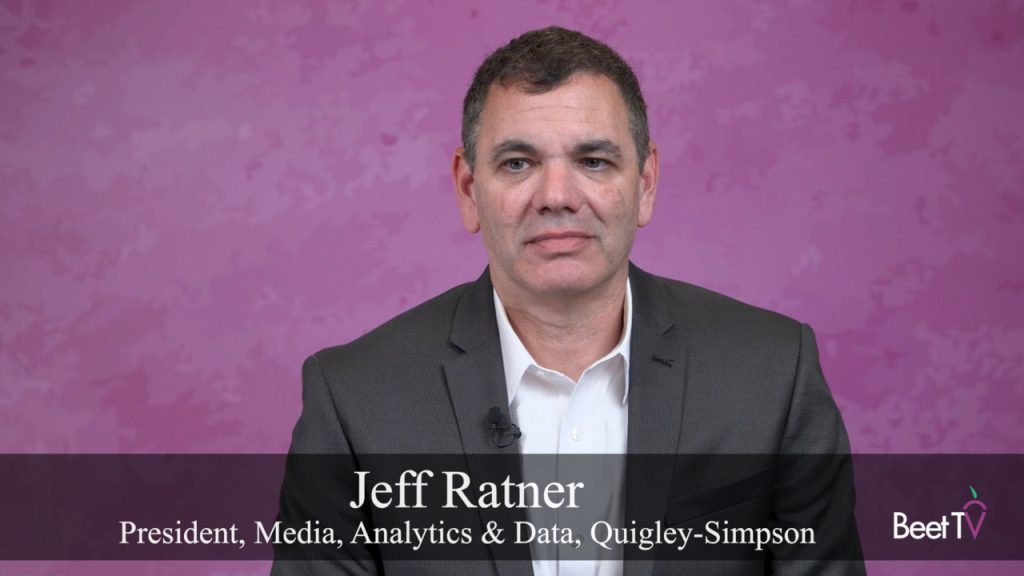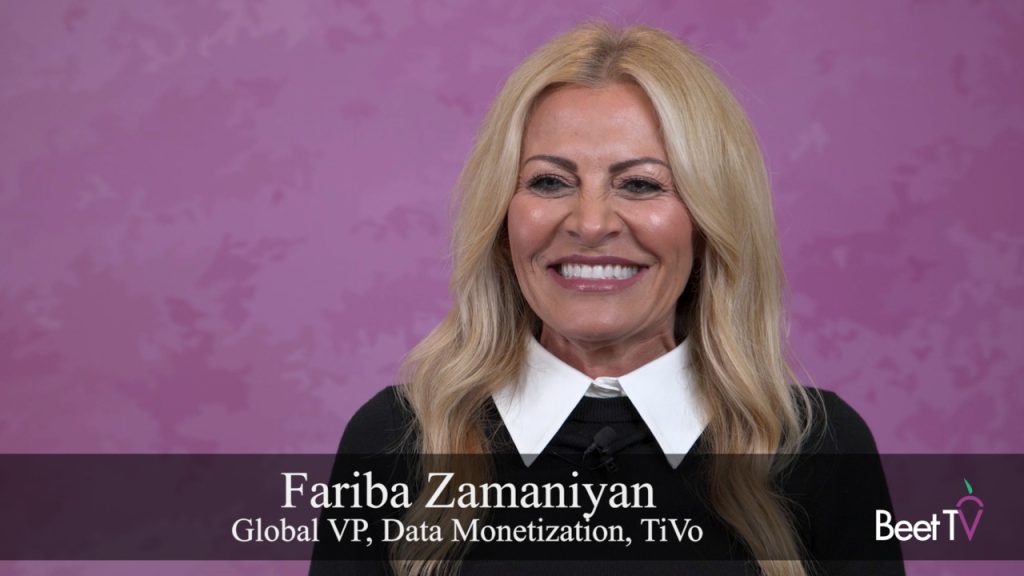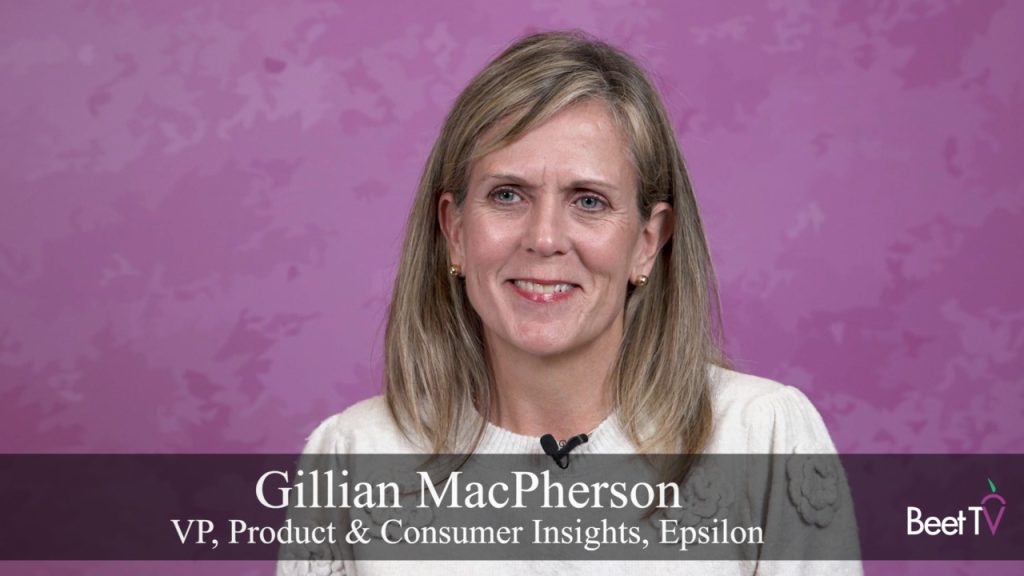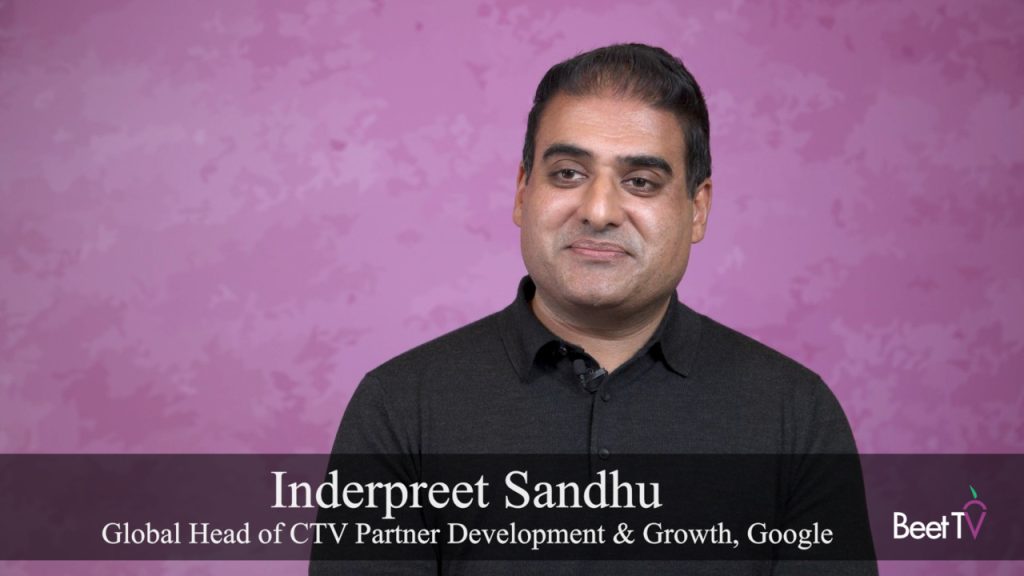FreeWheel and its premium-video advocacy group are putting their weight behind an initiative for the industry to adopt Ad-ID, in a bid to solve problems caused by media fragmentation.
In this video interview with Beet.TV, James Rothwell, VP of global agency, brand and industry relations at Comcast Advertising, says the industry needs a universal ad ID to make ad transaction workflows more efficient, deduplicate ad creative storage, address ad quality issues and improve campaign delivery.
“Fragmentation has created huge obstacles and workflow challenges because now we have to serve these ads into 200 different endpoints,” Rothwell says.
“There’s a huge opportunity for the industry to align their incentives and get behind this initiative to use a persistent identifier throughout the entire value chain to manage creatives in this world of fragmentation.
“Ad-ID … enables a brand or an agency to be able to manage that campaign through all of those different endpoints.”
The Ad-ID system, begun in 2003, is jointly owned by the ANA and the 4As.
Rothwell, who also leads the FreeWheel Council for Premium Video at Comcast-owned ad-tech platform FreeWheel, says the technology can benefit two sides:
- Brands – “they’re able to understand the way in which their creatives are performing through all those different endpoints and can optimise their campaigns.”
- Publishers – “they can actually manage restrictions and collisions around industry categories and competitive advertisers, which creates obviously a much better advertising experience.”
Rothwell is concerned that Ad-ID has had too little traction. His Council conducted a survey of 250 brands and agencies which found only 16% using some form of universal Ad-ID.
“The good news is 3,000 brands already signed up with Ad-ID,” he says. “The other great news is VAST 4.2, which is the latest version of IAB (video ad-serving) standards, incorporates Ad-ID into it. Ad-ID will just become part and parcel of the workflow.
“We know there’s massive amounts of opportunity. We believe there’s maybe just a lack of awareness,” Rothwell adds.










